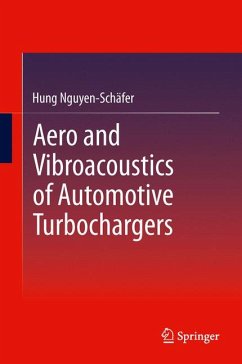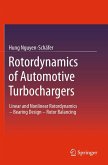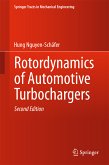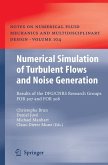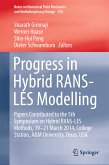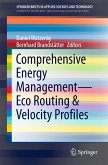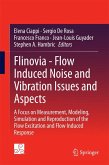Aero and Vibroacoustics of Automotive Turbochargers is a topic involving aspects from the working fields of thermodynamics of turbomachinery, aerodynamics, rotordynamics, and noise propagation computation. In this broadly interdisciplinary subject, thermodynamics of turbomachinery is used to design the turbocharger and to determine its operating conditions. Aerodynamics is needed to study the compressor flow dynamics and flow instabilities of rotating stall and surge, which can produce growling and whining-type noises. Rotordynamics is necessary to study rotor unbalance and self-excited oil-whirl instabilities, which lead to whistling and constant tone-type noises in rotating floating oil-film type bearings. For the special case of turbochargers using ball bearings, some high-order harmonic and wear noises also manifest in the rotor operating range. Lastly, noise propagation computation, based on Lighthill's analogy,is required to investigate airborne noises produced by turbochargers in passenger vehicles. The content of this book is intended for advanced undergraduates, graduates in mechanical engineering, research scientists and practicing engineers who want to better understand the interactions between these working fields and the resulting impact on the interesting topic of Aero and Vibroacoustics of Automotive Turbochargers.
Dieser Download kann aus rechtlichen Gründen nur mit Rechnungsadresse in A, B, BG, CY, CZ, D, DK, EW, E, FIN, F, GR, HR, H, IRL, I, LT, L, LR, M, NL, PL, P, R, S, SLO, SK ausgeliefert werden.

